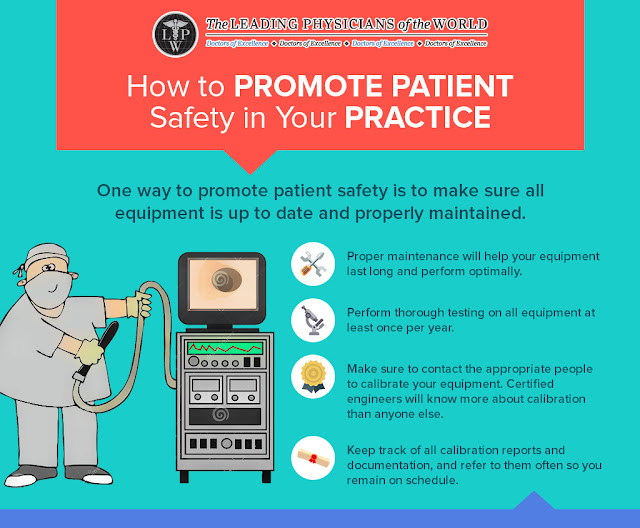Top 10 Common Patient Safety Issues

Hospitals are charged with responsibility of keeping patients wee and safe. Safety and wellness are closely linked as patient safety concerns usually tie directly into patient’s health concerns. Medication errors, diagnostic errors and acquired infections are a few issues that cause health safety concerns. These patient safety issues and many others will continue to flow in every year. Some of them are long established and will remain in the forefront of providers’ minds for years to come. Below are 8 patient safety issues you should know: 1. Medication Errors According to recent statistics about 1.5 million U.S patients experience adverse effects every year due to medication errors. This issue has incurred healthcare system extra costs of about $3.5 billion when trying to deal with the problem. Recent research suggests that medication errors are largely caused by communication errors between patients and healthcare pro...
